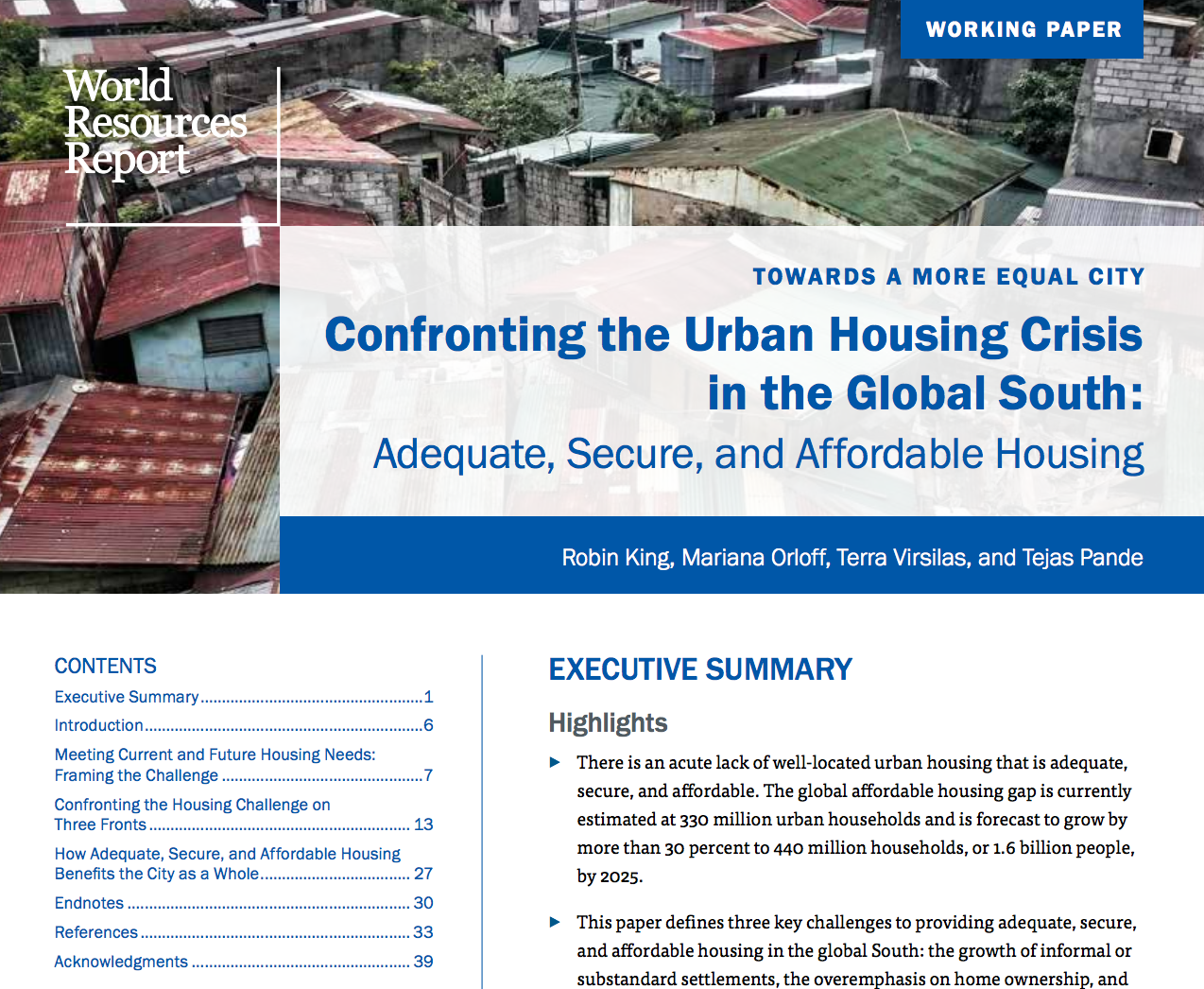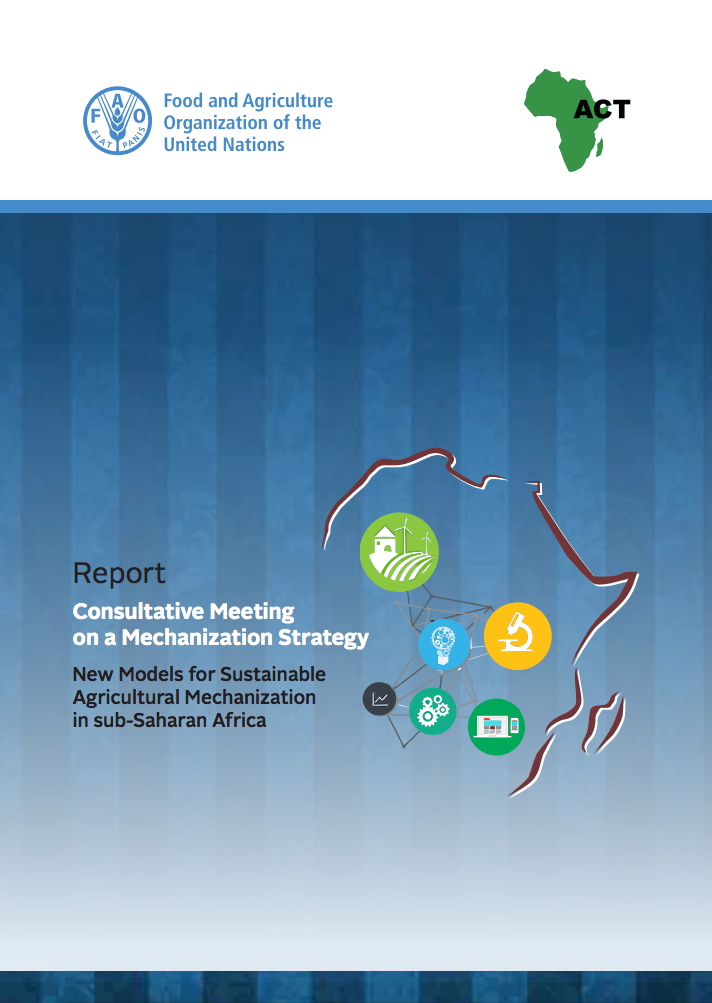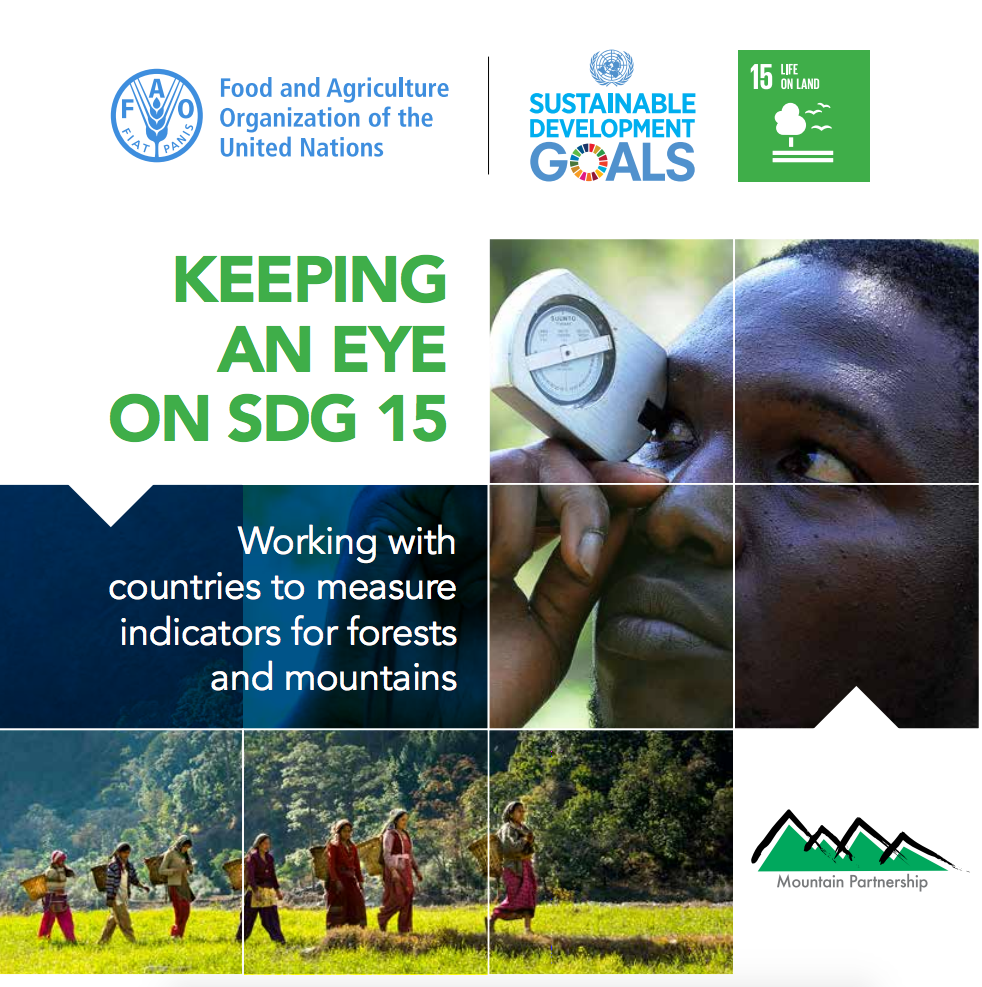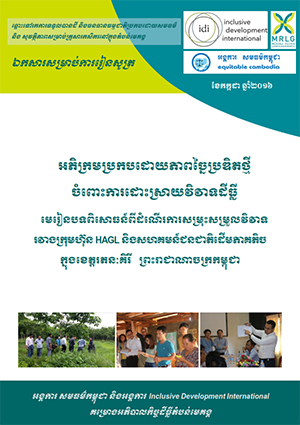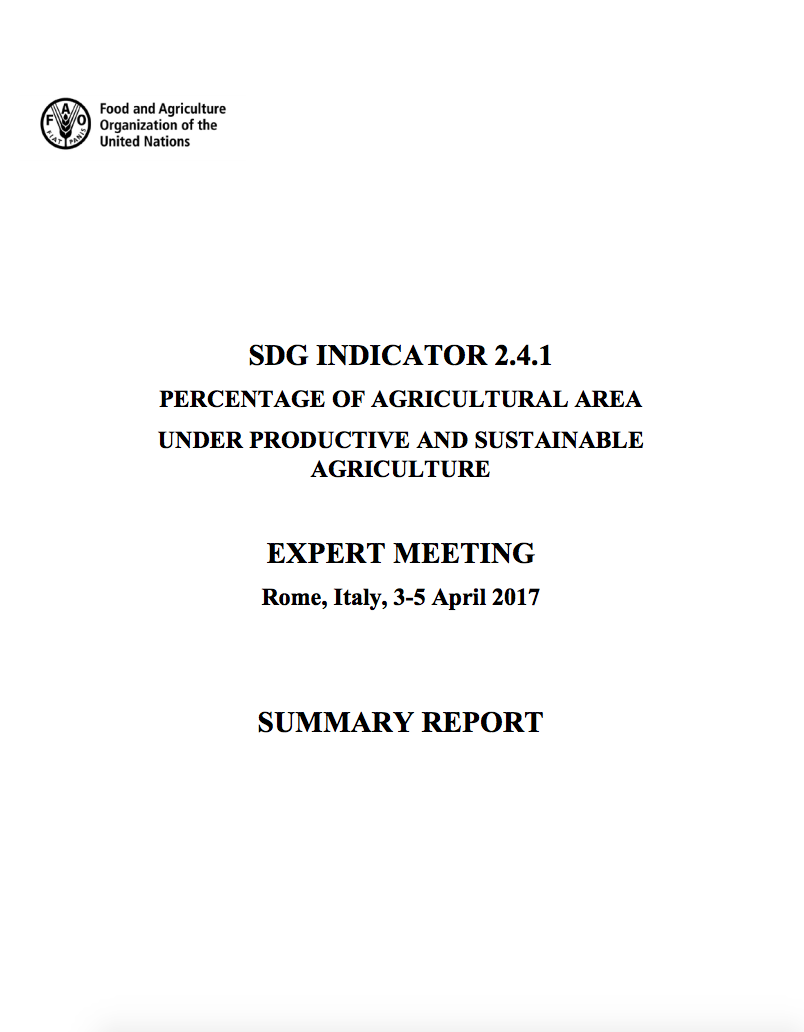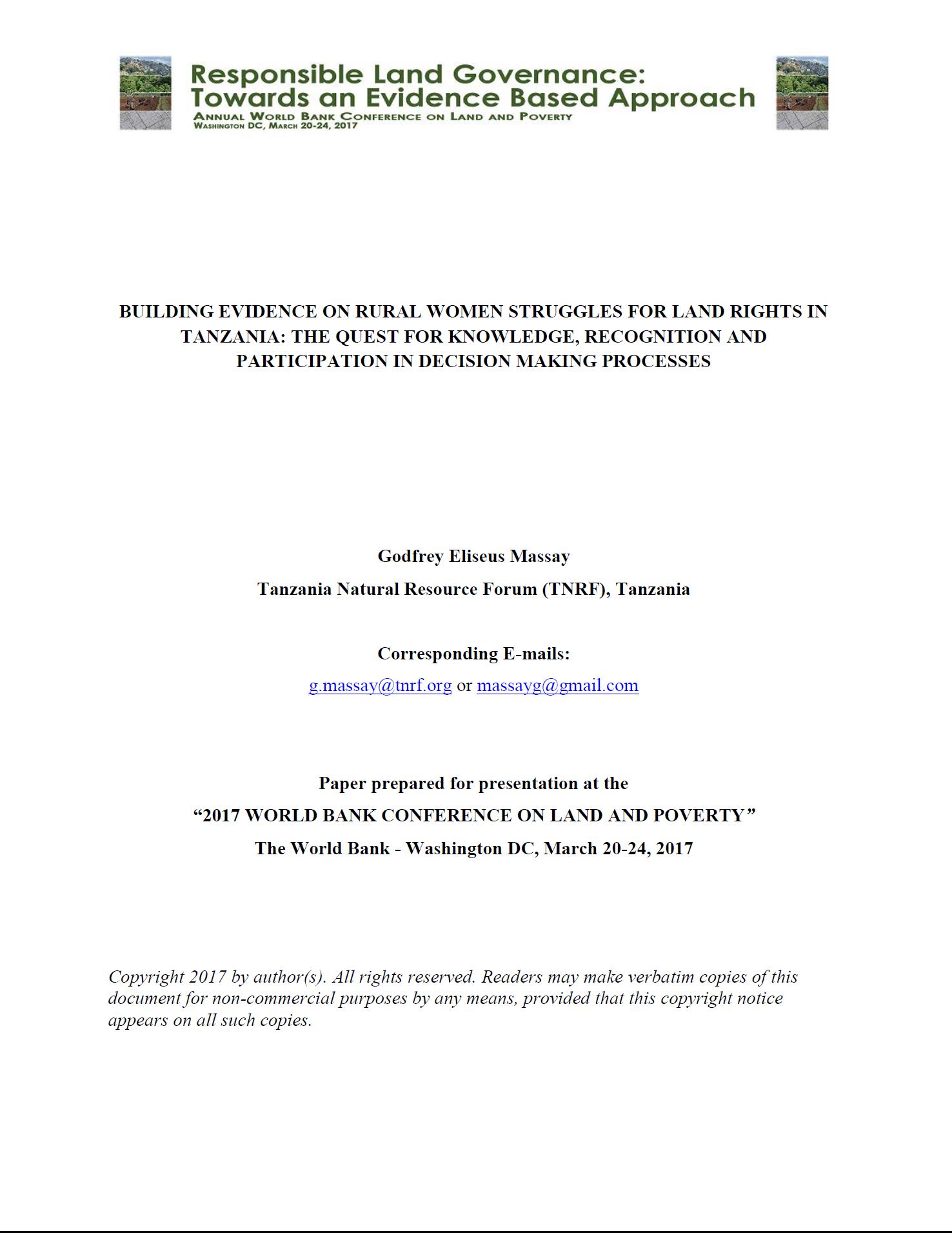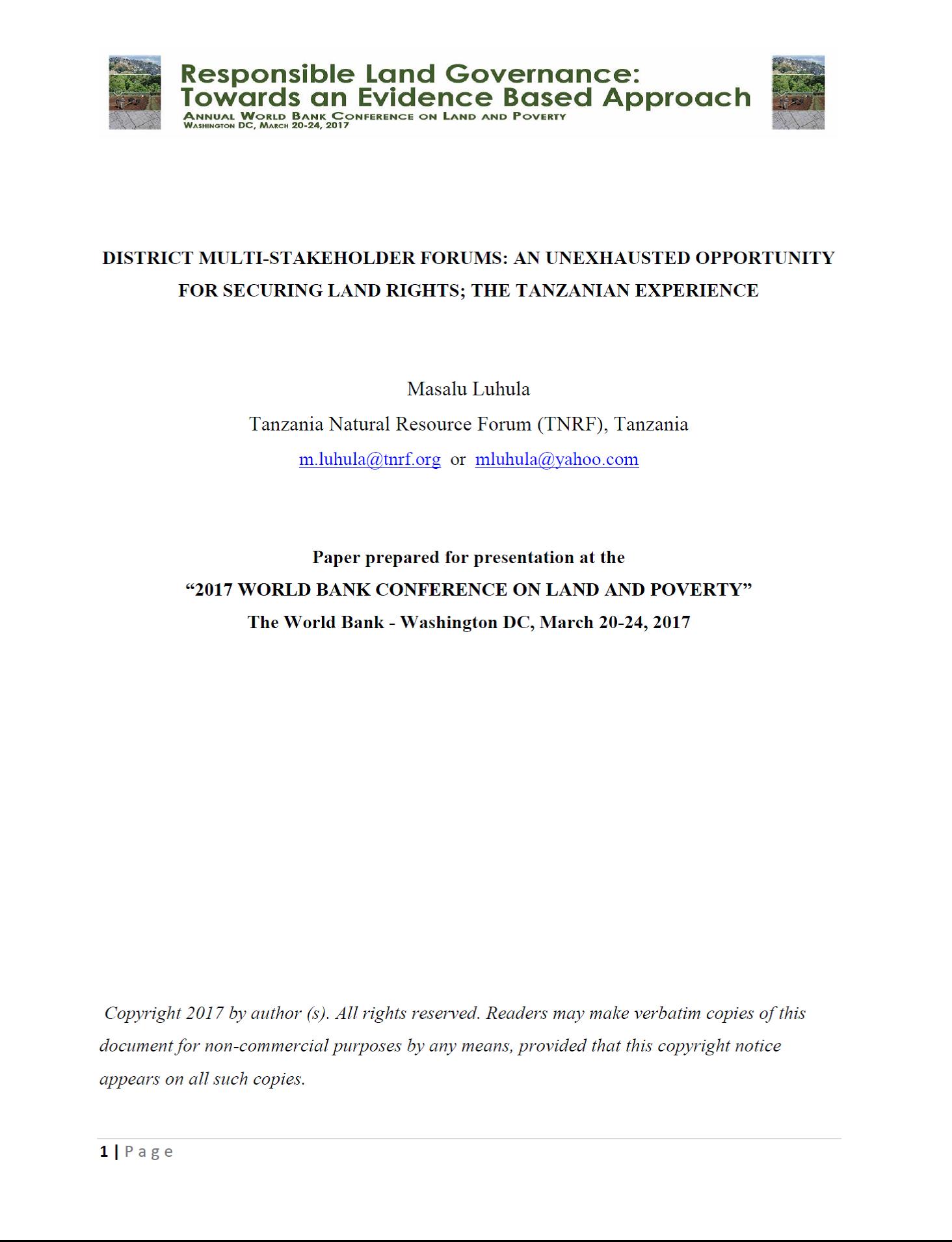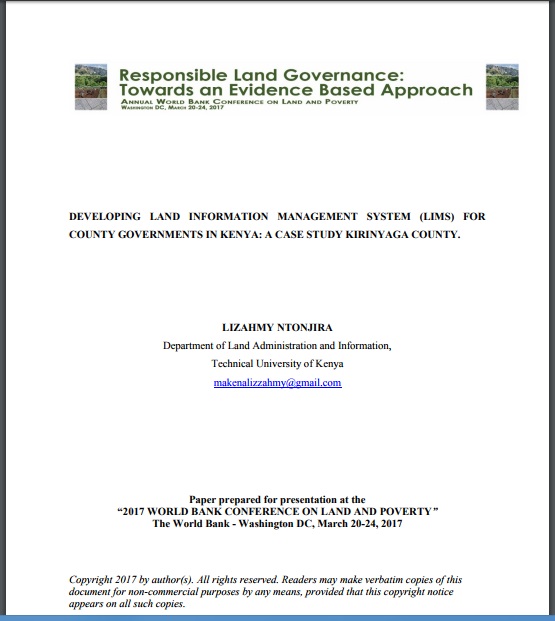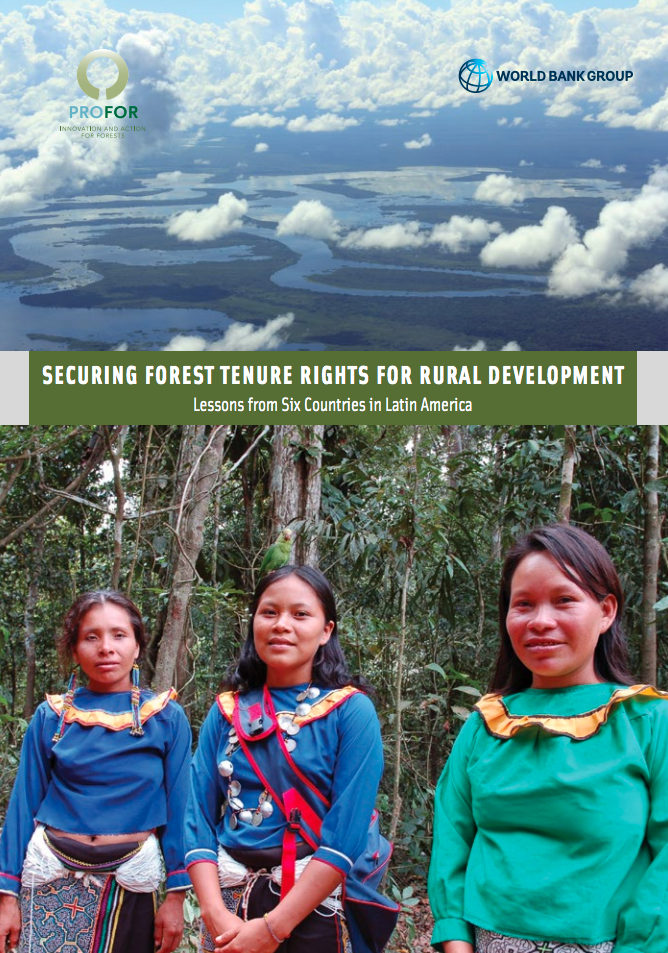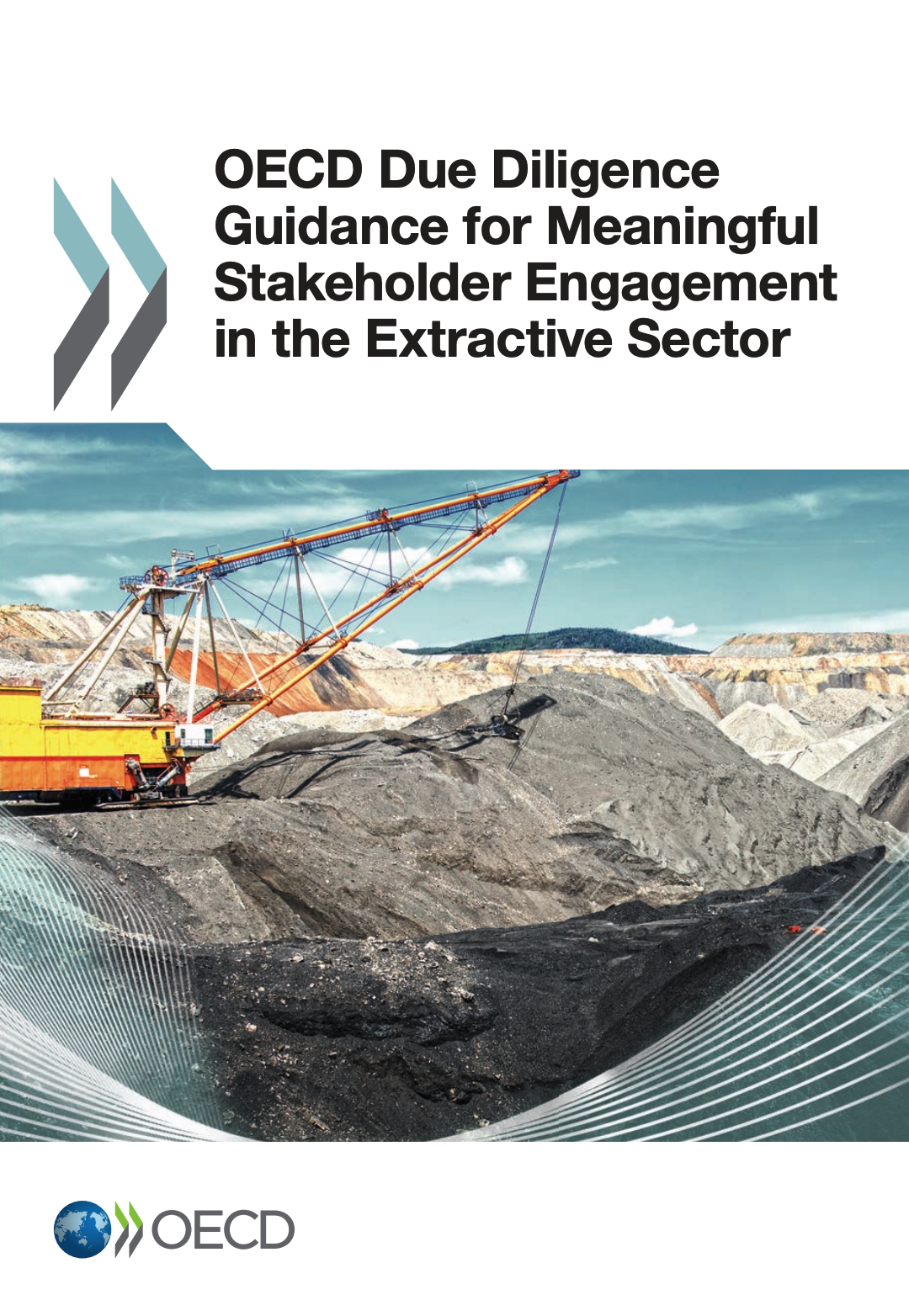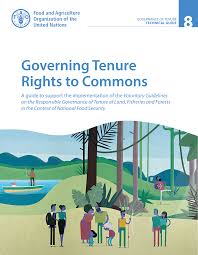Sustainable agricultural mechanization (SAM) is an essential input for the development of the smallholder farm sector in sub-Saharan Africa (SSA). The benefits of SAM range from drudgery reduction to improved timeliness of agricultural operations, increased input use efficiency, facilitating sustainable production intensification, ensuring environmental protection, and contributing to make agriculture more ‘climate-smart’. SAM is also important at other levels of the food supply system, for example in post-harvest operations, processing, marketing and transportation.

